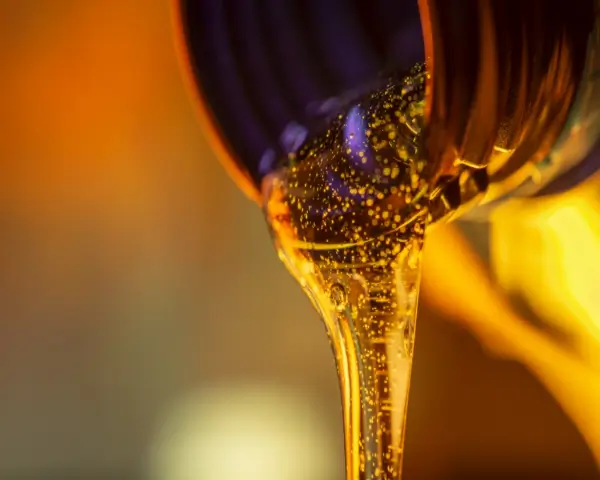There are various types of lubricant additives available in the market. In this article, we will discuss some of them and their features.
Anti-wear additives:
Anti-wear additives are used in engine oils to prevent or reduce wear. These chemical agents react with metal surfaces and form a protective tribo-chemical layer. While engine oils are intended to perform this function, other lubricants, such as transmission oils prevent wear. The most common anti-wear additives are zinc dialkyldithiophosphates (ZDTPs).
Anti-foaming agents:
Anti-foaming agents are essential to maintain the proper lubrication of motor oils. They prevent oil contamination and breakdown and protect engine parts at any operating temperature. As well as motor oils, lubricants are also vital to automatic transmissions, gearboxes, and bearings. Some additives help increase the lubrication properties of the oil. Some increase the viscosity of lubricant while others reduce its surface tension.
Friction modifiers:
Friction modifiers help improve clutch engagement and are anti-wear additives. They do not activate by contact temperatures. The lowest temperature at which oil remains fluid is the pour point. At this point, wax crystals in paraffinic mineral oils form a lattice network that prevents the remaining liquid oil from flowing. To reduce the friction caused by wax crystals, friction modifiers reduce the size of the wax crystals.
Dispersants:
These are essential for performance. They prevent oil from losing its viscosity at high temperatures. These additives come in various shapes, sizes, and qualities. Polymethacrylates and ethylene-vinyl acetate copolymers are the most common types of VIIs. These compounds are oil-soluble flexible polymers that uncoil and spread out as the temperature increases.
Viscosity index:
You can use a wide variety of lubricant additives in the oil. Viscosity index improvers are used in oil to prevent losing viscosity at high temperatures. These agents are commonly known as anti-foaming agents and are usually insoluble. If they are not dissolved in the oil, they cause the oil to break down and lose its viscosity.
The main types of lubricant additives are antioxidants, surface-protective additives, and extreme-pressure additives. These substances counteract the negative effects by keeping the insoluble substances in suspension. Some of these chemicals also counteract the effects of accelerated corrosion.
